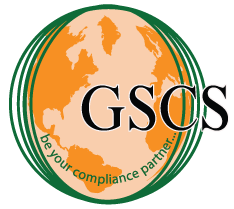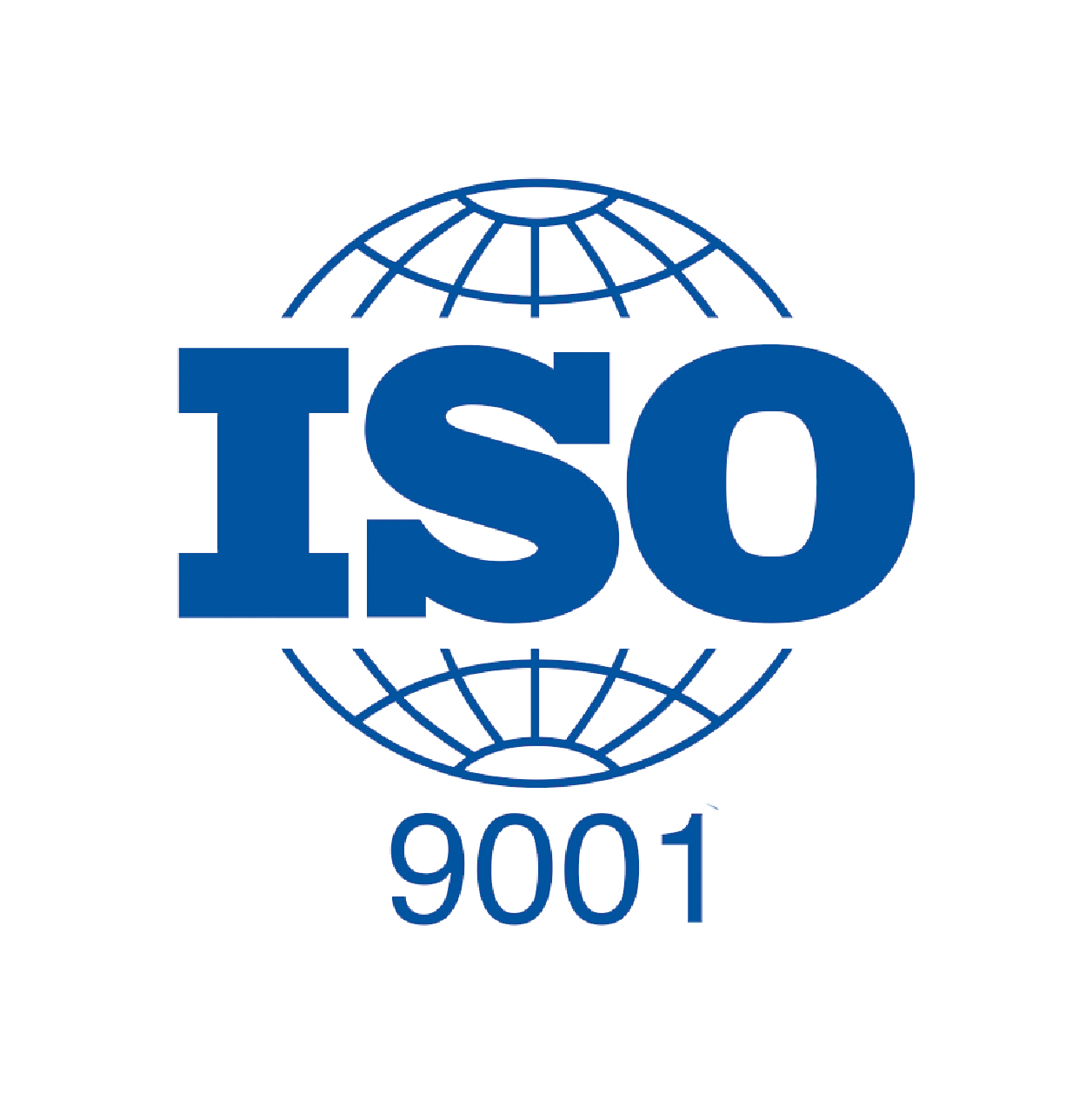
Get Certified: GSCS International’s ISO 9001 Certification Services
Introduction
ISO 9001 is a globally recognized Quality Management Systems (QMS) standard. Organizations that achieve ISO 9001 certification demonstrate their commitment to consistently delivering high-quality products and services. This certification helps businesses enhance customer satisfaction, improve operational efficiency, and gain a competitive edge in the market.
ISO 9001 is an internationally recognized standard for quality management systems. The standard is generic in nature and caters to both the manufacturing and service industries.
Organizations that are certified to this standard reflect evidence of a business operation that is supported by a fundamental and robust quality management system platform.
GSCS provides quality service through competent auditing mechanism. Facility gains global recognition though the certificate.
Improve Sustainability with GSCS’s ISO 14001 Certification
Introduction
GSCS International offers ISO 14001 certification solutions to help businesses implement sustainable practices while meeting regulatory requirements. Our expertise allows companies to achieve long-term environmental and economic benefits through structured ecological management systems (EMS). This certification ensures compliance with environmental regulations, reduces waste, improves efficiency, and enhances corporate reputation.
It provides practical tools for companies and organizations looking to identify and control their environmental impact and constantly improve their environmental performance. Global Clients chose us in preference to others for a variety of reasons. In most cases it’s because they like our fair and practical approach throughout the entire certification process and how we understand and meet each individual client’s needs. In short the Quality of our Service.
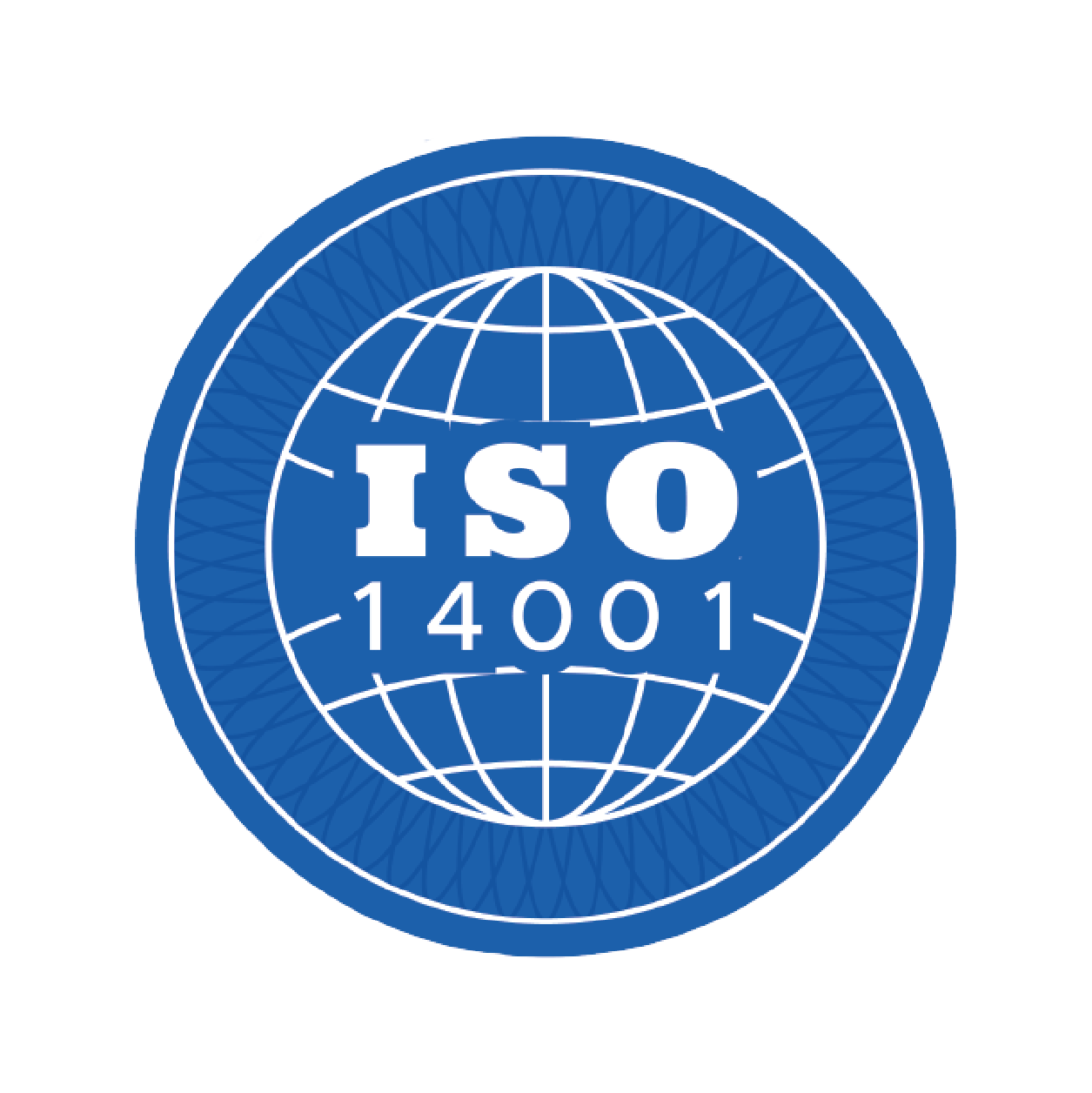
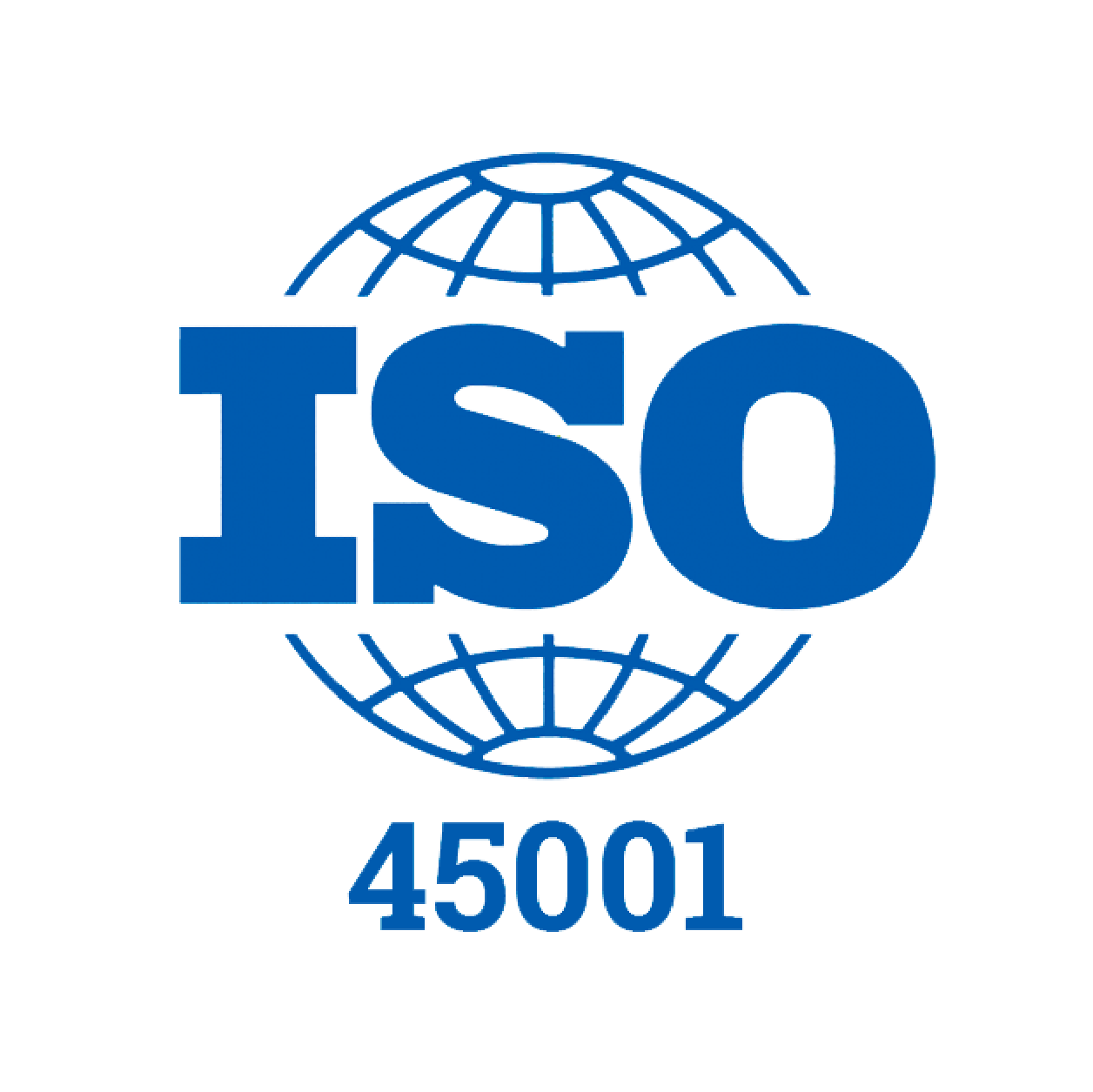
GSCS International: Your Trusted Partner for ISO 45001 Certification
Introduction
ISO 45001 certification is an internationally recognized standard designed to help organizations implement effective Occupational Health and Safety Management Systems (OHSMS). This certification demonstrates a company’s commitment to minimizing workplace risks, improving employee well-being, and complying with health and safety regulations.
ISO 45001 is an internationally recognized standard for occupational health and safety. It exists to help all kinds of organizations put in place demonstrably sound occupational health and safety performance.
At GSCS International, we provide comprehensive ISO 45001 certification services. We guide businesses through the certification process with expert consultation and auditing support. Whether you’re a small business or a large enterprise, GSCS ensures a smooth and efficient certification journey.
Ensure Food Safety with GSCS’s ISO 22000 Certification Services
Introduction
ISO 22000 Certification provides a comprehensive framework for organizations to identify, manage, and reduce food safety hazards, ensuring safe food production and distribution. GSCS International specializes in ISO 22000 certification services, helping businesses comply with global regulations while gaining consumer trust.
The ISO 22000 family of International Standards addresses food safety management. The consequences of unsafe food can be serious and ISO’s food safety management standards help organizations identify and control food safety hazards.
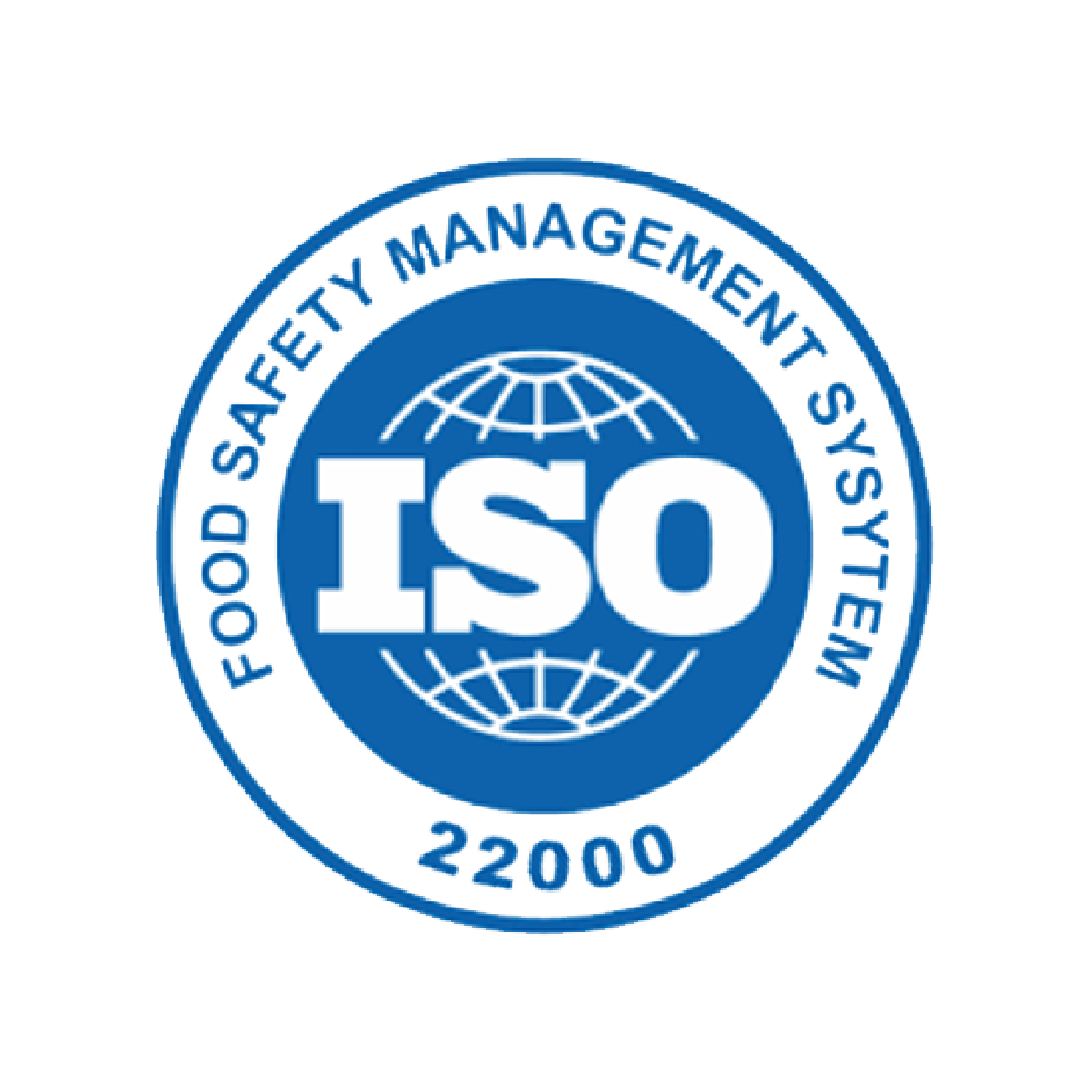
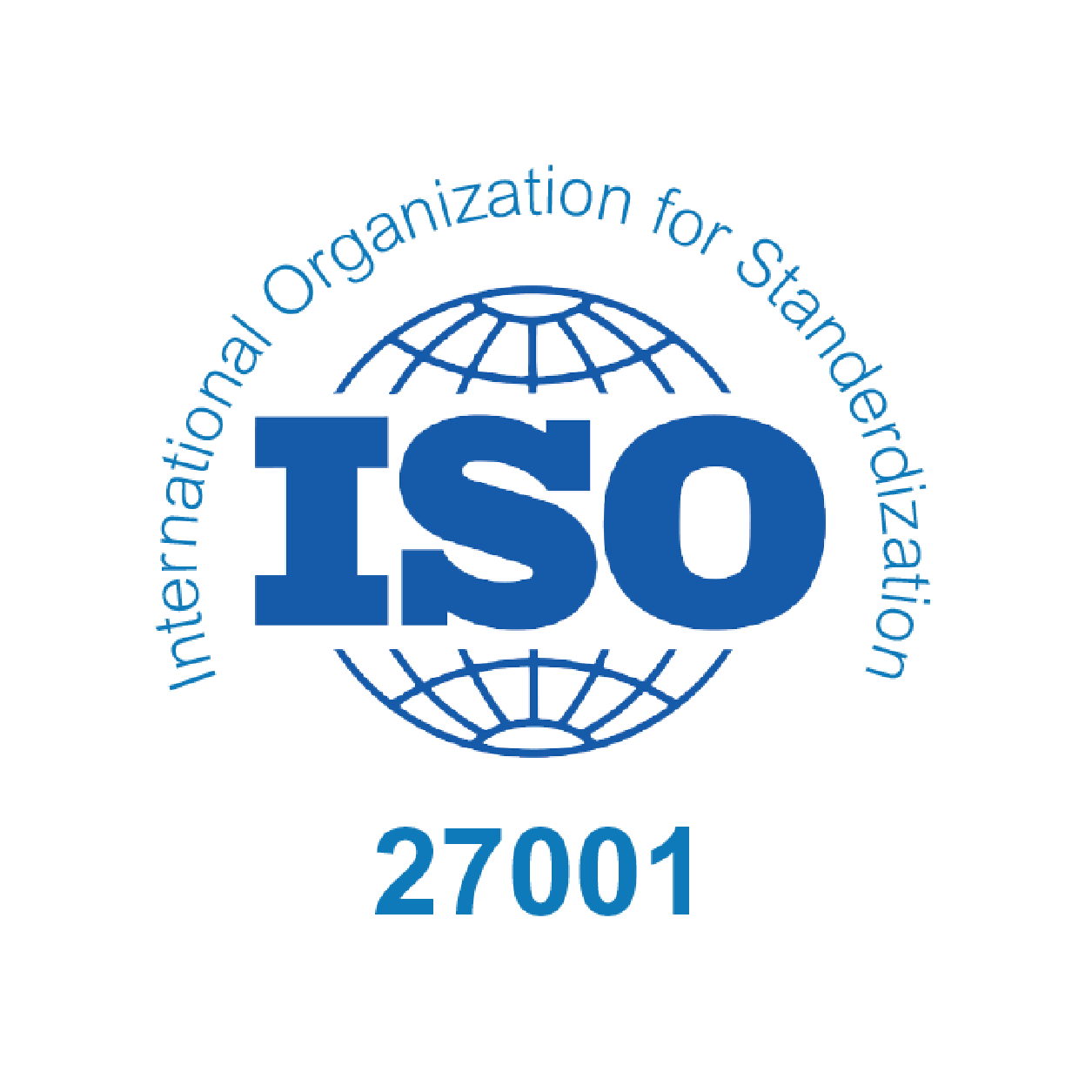
Ensure Information Safety with GSCS’s ISO/IEC 27001 ISMS Certification
Introduction:
ISO/IEC is the International Standard for Information Security Management Systems (ISMS). It gives guidance on how to manage confidential business information systematically to ensure that it is safe from unauthorized access, breaches, and other sensitive information vulnerabilities.
At GSCS International, we provide the finest ISO 27001 certification services that aid in the development of a sound information security infrastructure. Our experienced staff who walk you through the entire certification process ensure that your business meets the global information security requirements and also earns the confidence of all stakeholders.
Get ISO 50001 Certified and Lead the Way in Energy Efficiency
Introduction:
In today’s world, where sustainability and energy efficiency are no longer optional but essential, businesses are increasingly seeking ways to reduce their environmental impact while improving operational efficiency This internationally recognized standard provides a framework for organizations to establish, implement, maintain, and improve an energy management system (EnMS). One of the most effective ways to achieve this is by obtaining ISO 50001 certification. By getting ISO 50001 certified, your organization can lead the way in energy efficiency, reduce costs, and enhance its reputation as a sustainable and responsible business.
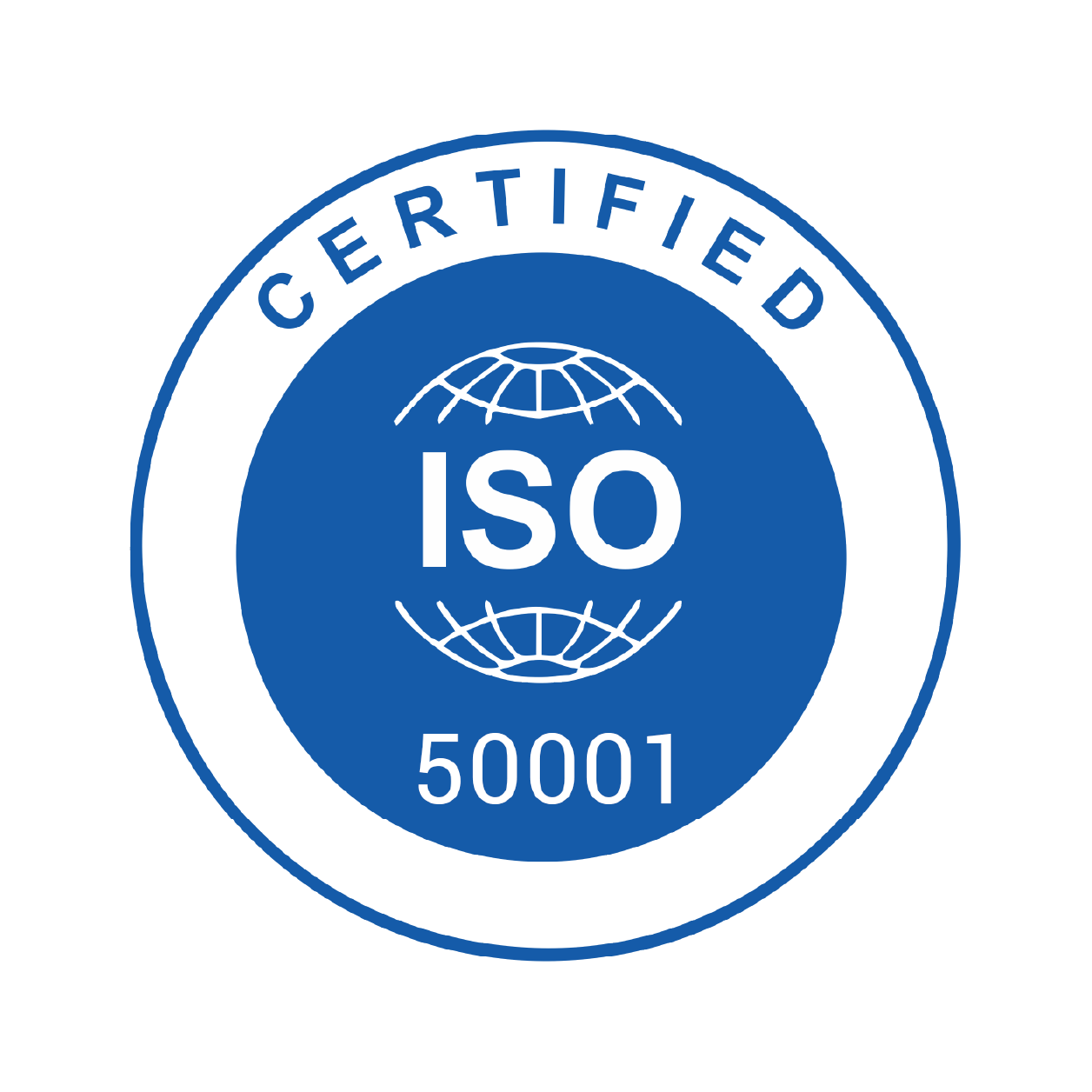
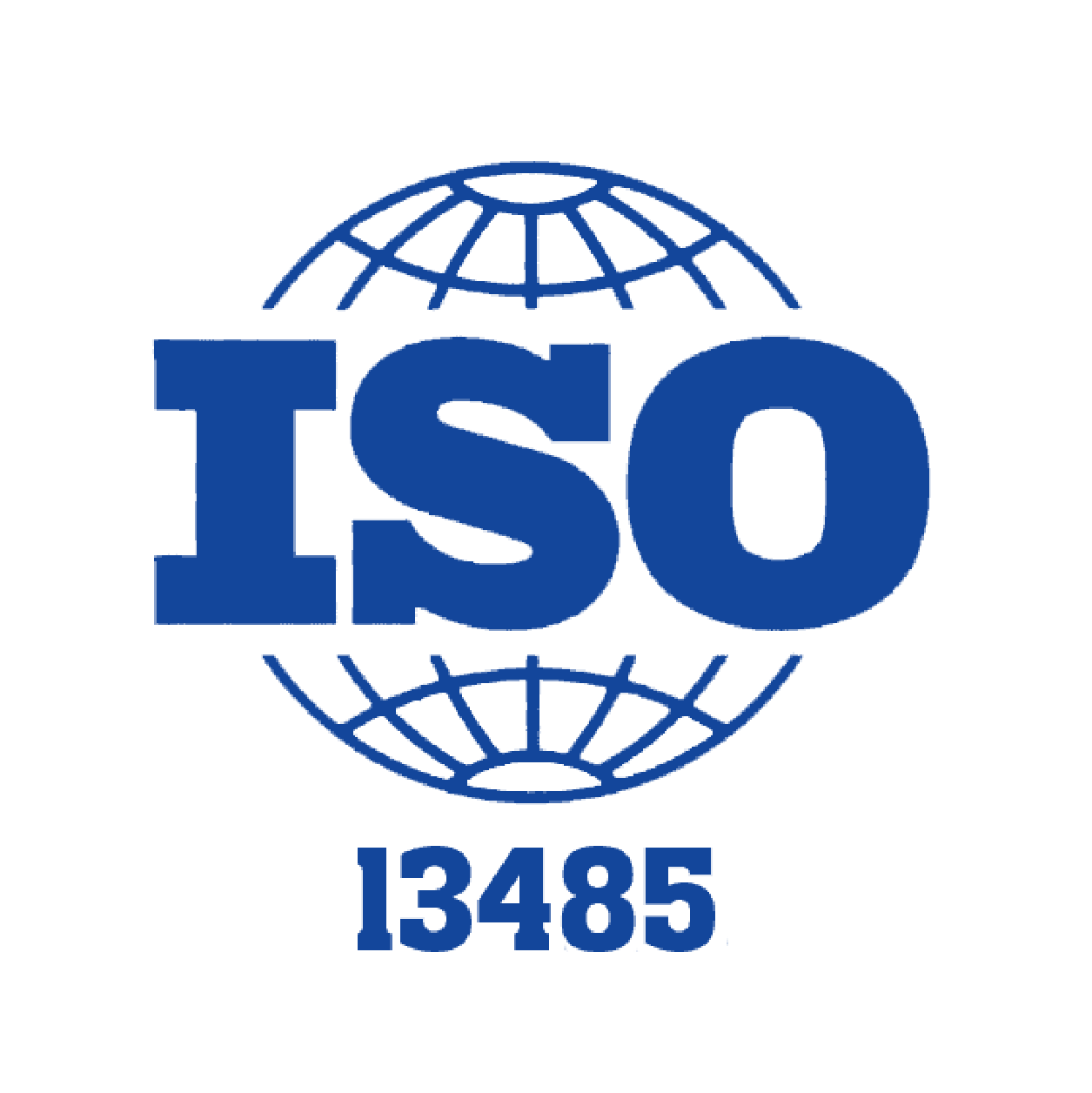
Get ISO 13485 Certified and Meet Global Medical Quality Standards
Introduction
Maintaining quality control in the medical device sector is highly regulated and sensitive, so assuring safety, consistency, and efficiency is essential. On of the best possible ways of accomplishing them is through obtaining ISO 13485 certification. This internationally recognized certification sets an all-encompassing standard for quality management systems focusing on the design, production, and distribution of medical devices. In this post, I’ll discuss the significance of ISO 13485 certification, its benefits, the certification process, and why you can trust GSCS International to help you achieve it.
Protect Your Business with ISO 28000 Supply Chain Security Certification
Introduction
The global supply chains these days are constantly under threat of cyber-attacks, cargo thefts and geopolitical disruptions along with an array of natural disasters. ISO 28000 Certification comes in handy in managing and mitigating these ensuring that the supply chains remain streamlined, effective and dependable.
ISO 28000 is an international standard for management system security for the supply chain. It defines the necessities for the establishment of identification of security risks and the implementation of preventive measures to protect the operational processes within the company's supply chain. This certification bears paramount importance to the businesses involved in logistics, manufacturing and transport industries where the seamless movement of goods have a direct bearing on the performance and profitability of the organization.
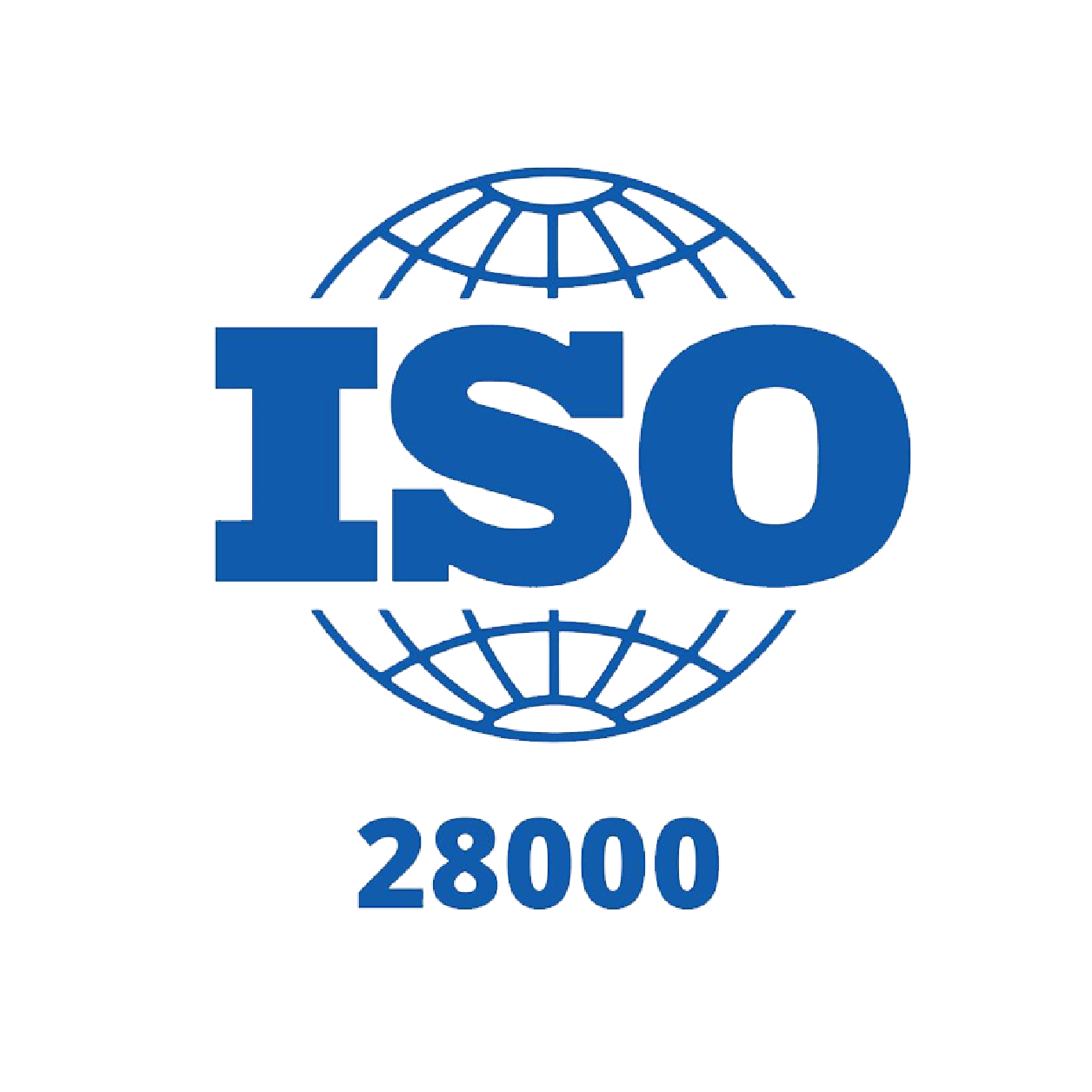
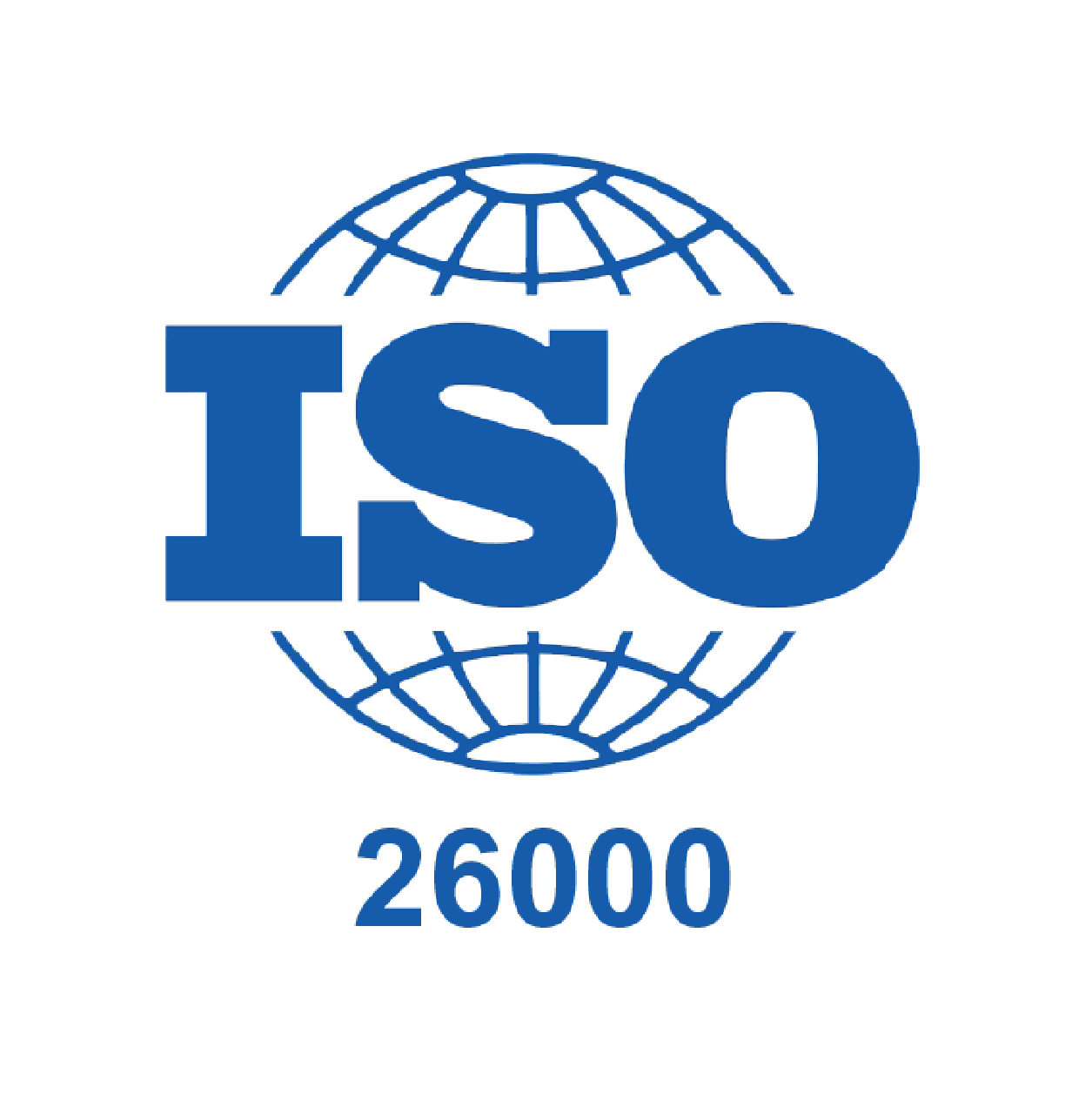
ISO 26000 Certification A Global Standard for Social Responsibility
Introduction:
ISO 26000 Certification provides a global framework for social responsibility (SR) that helps organizations align their operations with ethical standards and societal expectations. This article will explore what ISO 26000 Certification is, why it matters, and how it can benefit your organization.
Ensure Workplace Safety with ISO EN 20471 Certified Workwear
Introduction:
Workplace safety is a top priority for organizations across industries, especially in high-risk environments like construction, roadwork, and emergency services. According to the International Labour Organization (ILO), over 2.3 million workers die annually due to occupational accidents or diseases. One of the most effective ways to mitigate risks is by providing employees with high-visibility workwear that meets international safety standards. ISO EN 20471 certification ensures that workwear offers optimal visibility and protection, reducing the likelihood of accidents and enhancing worker confidence. This article explores the importance of ISO EN 20471-certified workwear, its benefits, and how to choose the right gear for your workforce.
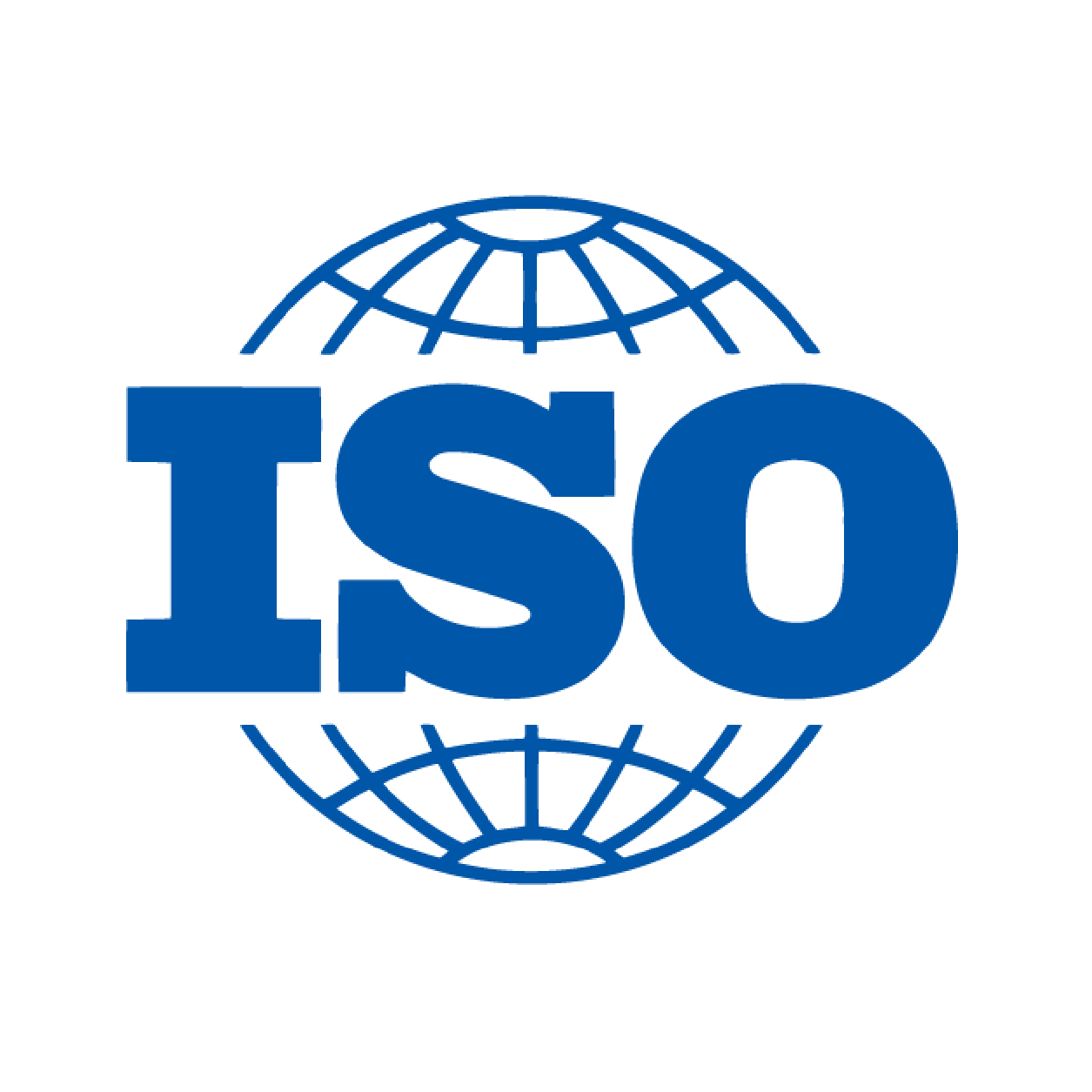
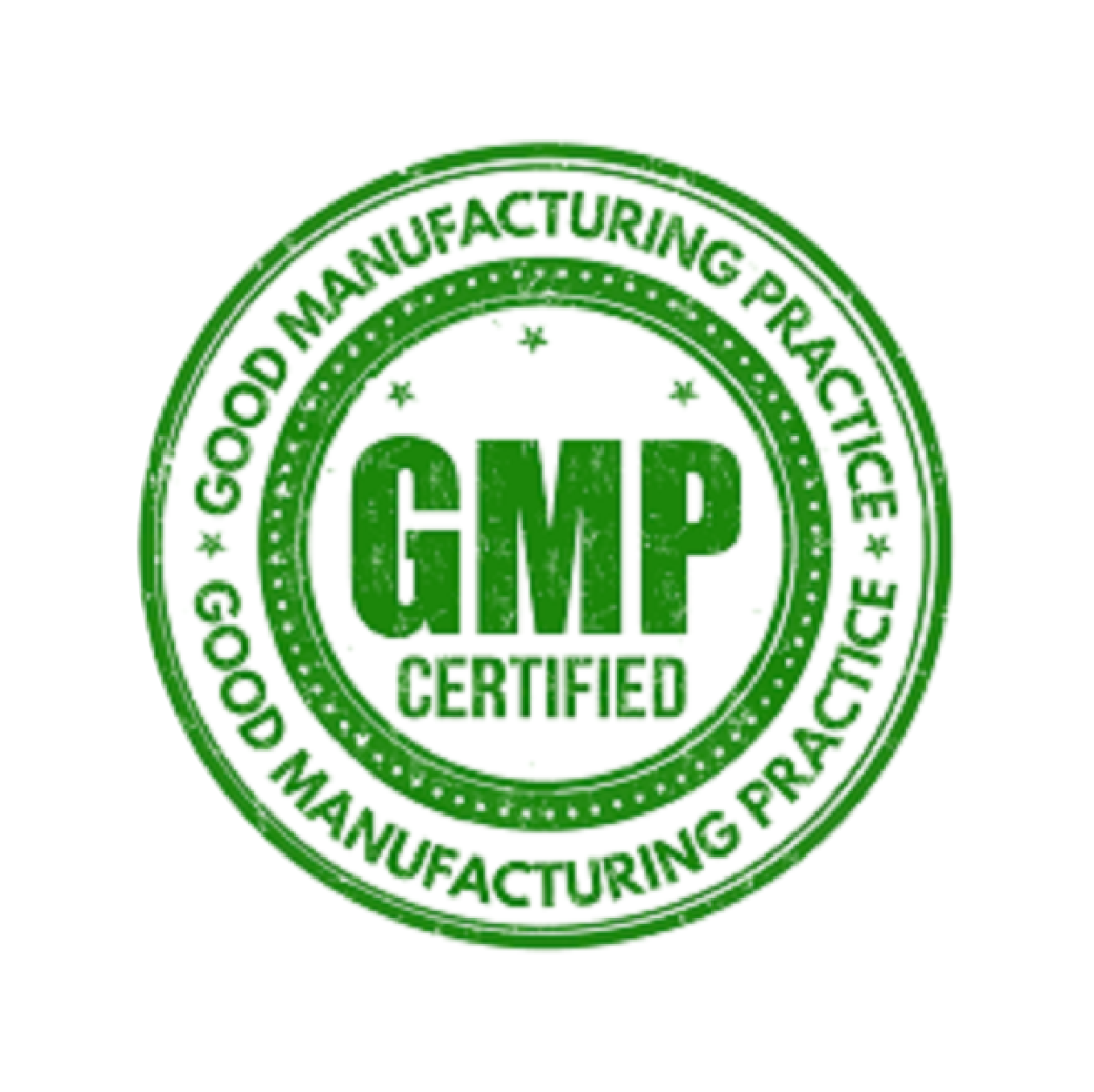
Achieve GMP Certification and Enhance Manufacturing Standards
Introduction
Good Manufacturing Practice (GMP) certification is a globally recognized standard that ensures products are consistently produced and controlled according to quality standards. It is designed to minimize pharmaceutical, food, cosmetic, or medical device production risks that cannot be eliminated through final product testing alone.
For businesses, achieving GMP certification demonstrates a commitment to quality, safety, and regulatory compliance. This article explores the significance of GMP certification, its benefits, key requirements, and how organizations can successfully obtain it.
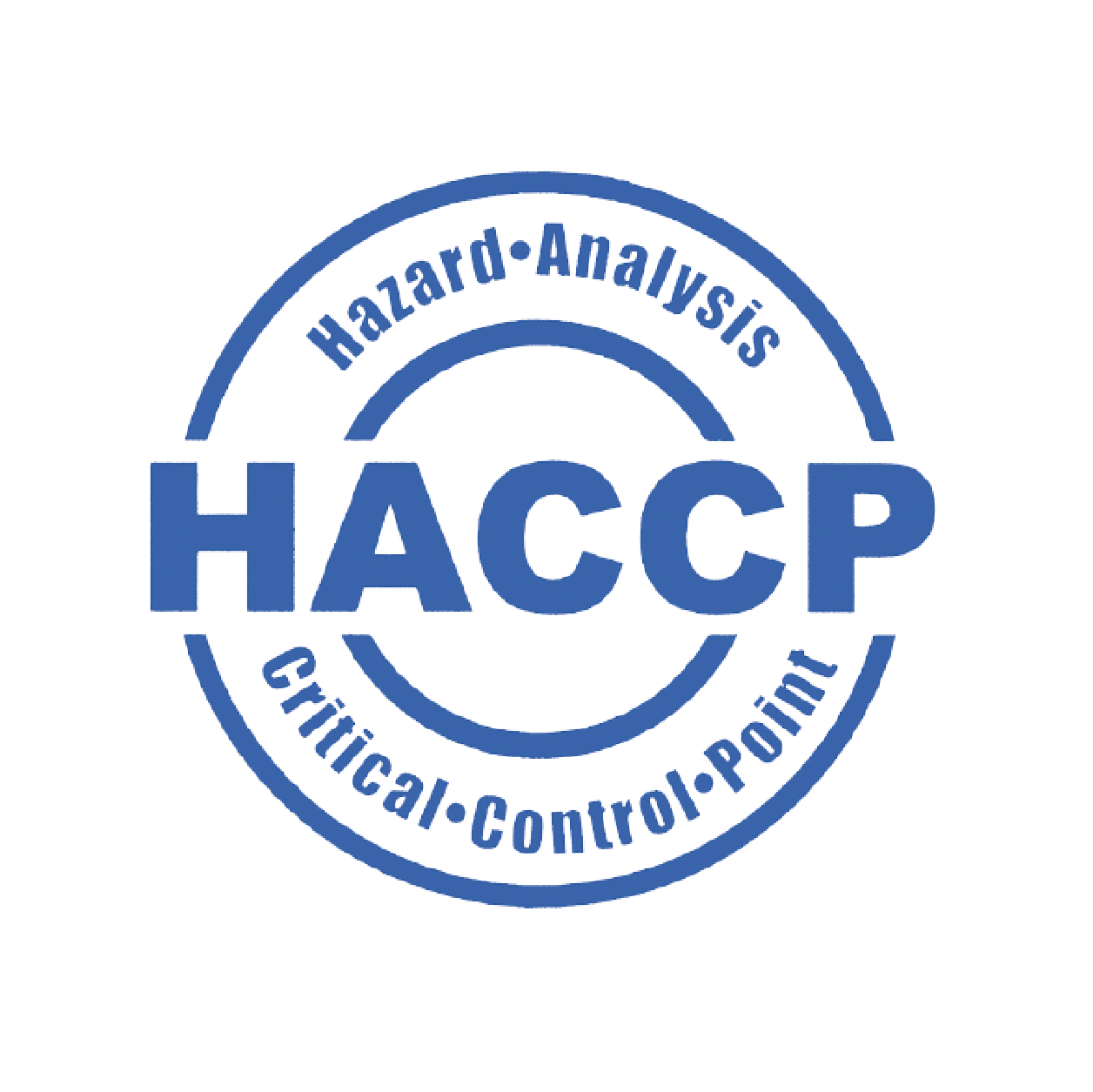
HACCP Certification Explained: Preventing Food Safety Hazards Effectively
Introduction
Food safety is a significant concern for consumers, regulators, and businesses. With increasing awareness of foodborne illnesses and contamination risks, the demand for safe, high-quality food products has never been higher. HACCP (Hazard Analysis and Critical Control Points) certification is a globally recognized system designed to ensure food safety by identifying, evaluating, and controlling hazards throughout food production. This article explores what HACCP certification is, its importance, and how it can effectively help your business prevent food safety hazards.
book the course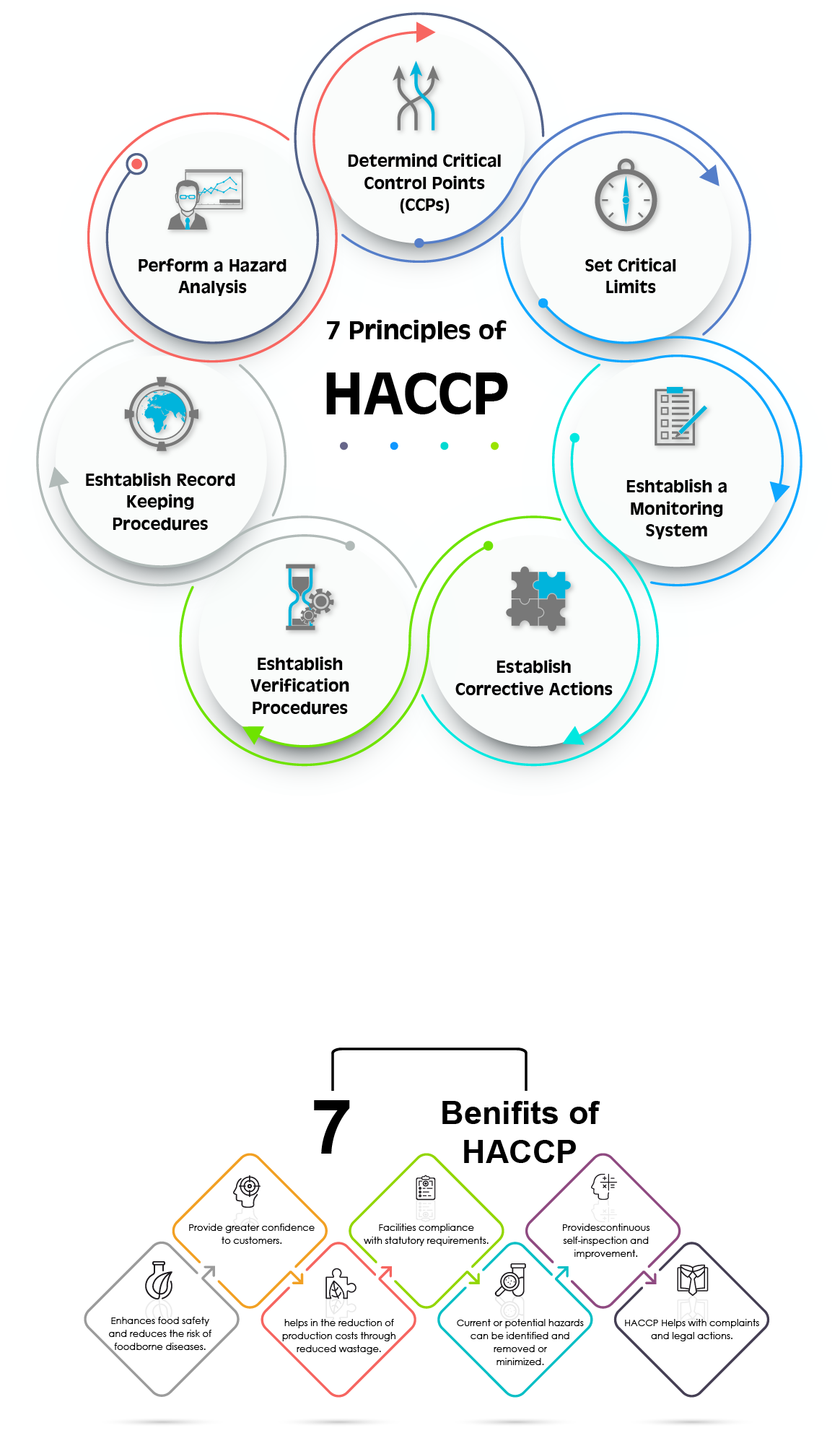
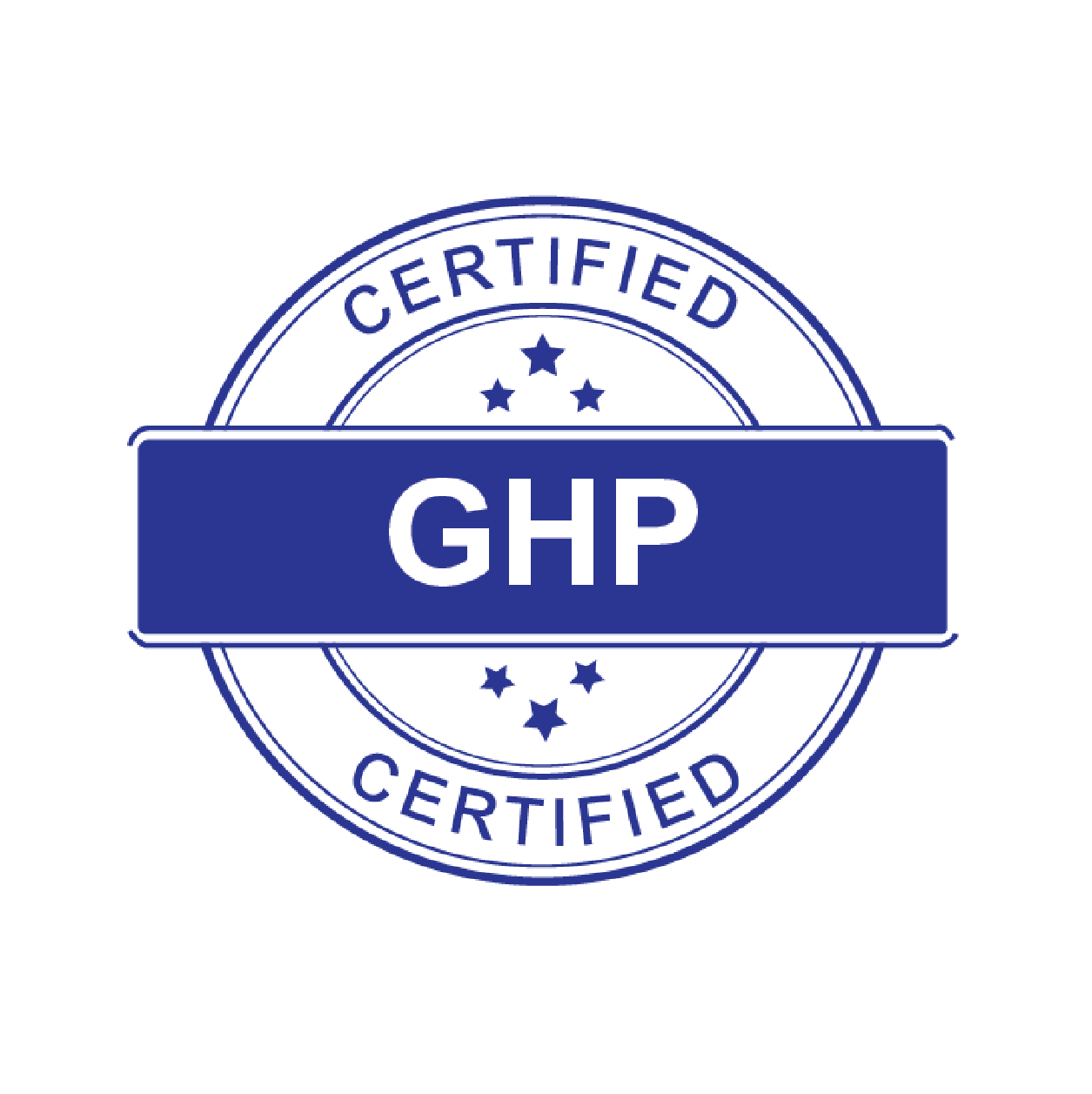
Good Hygiene Practices: The Foundation of Safe Manufacturing
In the manufacturing sector, observing hygiene practices is a legal requirement and a condition for ensuring the product's safety, quality, and the consumer's trust. Other industrial sectors, such as food processing, pharmaceuticals, cosmetics, etc., can suffer from poor hygiene and several issues like contamination, product recalls, legal issues, and brand identity loss.
Good hygiene practices (GHP) support safe manufacturing and help improve microbial, chemical, and physical hazards. This article describes hygiene practices and employee training concerning laws, compliance, technologies, and practices of hygiene.
